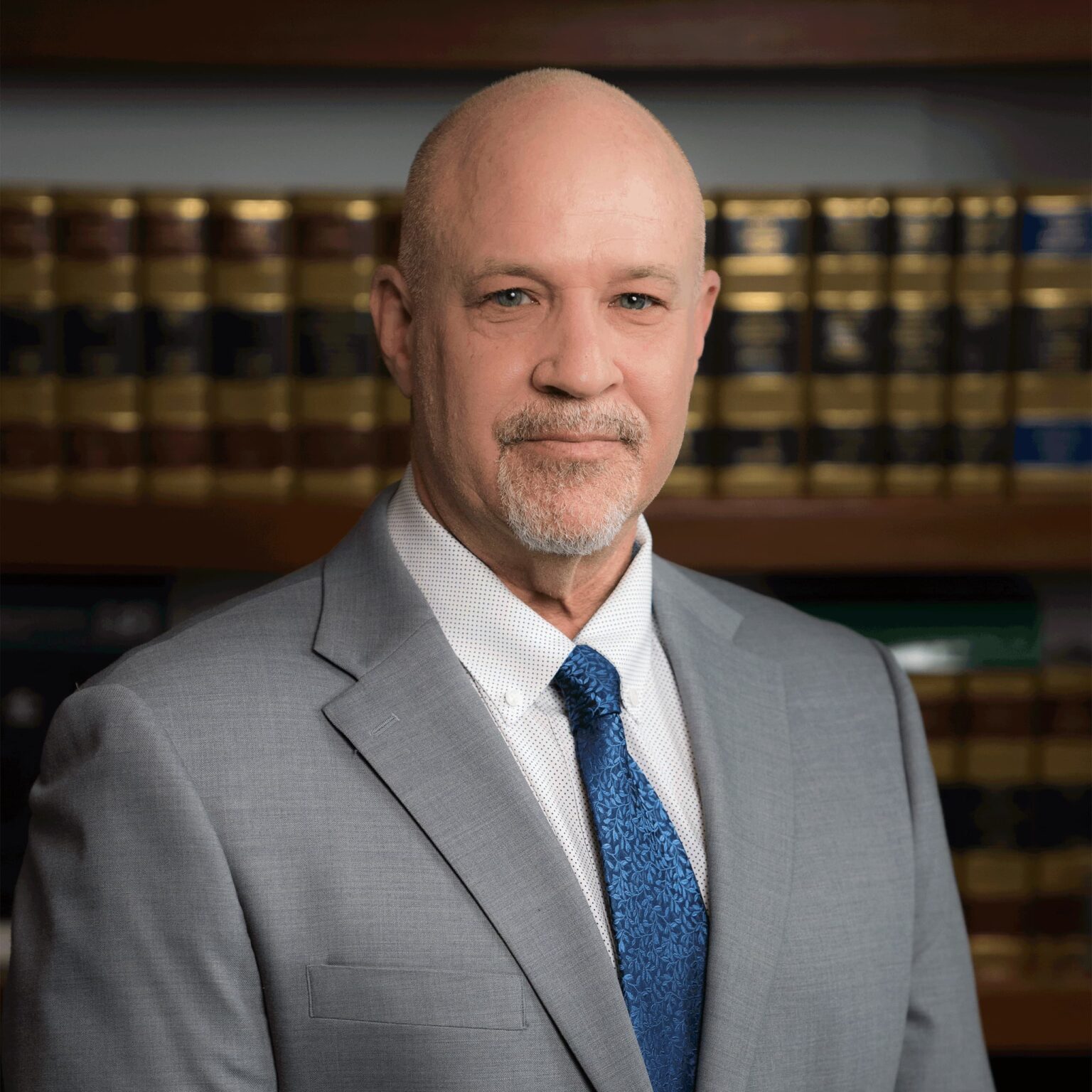Imagine a life-changing event that shatters your world in an instant – a catastrophic injury. It could be a devastating car crash, a workplace accident, or a medical procedure gone tragically wrong. In the blink of an eye, you or a loved one may face a long, difficult road to recovery, grappling with overwhelming physical, emotional, and financial challenges.
But what is considered a catastrophic injury and how do these injuries differ from more common accidents? In this blog post, we’ll explore the various types of catastrophic injuries, the profound impact they can have on your life, and the importance of seeking experienced legal support to protect your rights and secure the compensation you need to rebuild your future.
Defining Catastrophic Injuries
When we think of injuries, we often picture broken bones, sprains, or cuts – ailments that, while painful and disruptive, typically heal with time and proper care. However, catastrophic injuries exist in a different realm altogether. These life-altering events are characterized by their severity, long-term consequences, and the profound impact they have on your quality of life.
So, what sets a catastrophic injury apart? While there is no universally agreed-upon legal definition, catastrophic injuries are generally understood to be those that result in permanent disability, require extensive and long-term medical care, and place a significant financial burden on you and your family.
Some key characteristics of catastrophic injuries include:
- Long-term or permanent disability: Catastrophic injuries often result in a permanent loss of function, such as paralysis, brain damage, or amputation, that fundamentally alters your ability to perform daily activities and live independently.
- Extensive medical treatment: You may require multiple surgeries, lengthy hospital stays, and ongoing rehabilitation to reach maximum medical improvement. Even then, you may need lifelong medical care and assistance.
- Significant financial burdens: The costs associated with treating and managing a catastrophic injury can be astronomical, including medical bills, lost wages, and the need for specialized equipment or home modifications. These expenses can quickly overwhelm your family’s financial resources.
- Profound impact on quality of life: Catastrophic injuries not only affect you but also have a ripple effect on your loved ones. The emotional toll, loss of independence, and changes in family dynamics can be devastating, requiring significant adjustments and support.
In essence, catastrophic injuries are life-shattering events that leave a permanent mark on your physical, emotional, and financial well-being.
Types of Catastrophic Injuries
Catastrophic injuries can take many forms, each with its own unique challenges and consequences. Some common examples of catastrophic injuries include:
- Traumatic Brain Injuries (TBI): A TBI occurs when a sudden, external force causes damage to the brain. Symptoms can range from mild concussion to severe cognitive impairment, affecting memory, emotion, and behavior.
- Spinal Cord Injuries and Paralysis: Damage to the spinal cord can result in partial or complete paralysis, leading to a loss of sensation and mobility below the point of injury. This can require extensive rehabilitation and ongoing care.
- Severe Burns: Burns that cover a significant portion of the body or affect critical areas like the face, hands, or feet can cause permanent scarring, disfigurement, and loss of function.
- Amputations: The loss of a limb, whether due to a traumatic event or necessary medical intervention, can have a profound impact on your daily life, requiring prosthetics and adaptive equipment.
- Multiple Fractures: Severe accidents can result in multiple broken bones, requiring surgery, lengthy rehabilitation, and potentially leading to chronic pain and reduced mobility.
- Injuries Caused by Medical Negligence: Catastrophic injuries can also result from medical malpractice, such as surgical errors, misdiagnosis, or improper treatment. These injuries can lead to permanent disability, loss of function, or even death, compounding the emotional and financial toll on you and your family.
It’s important to note that this list is not exhaustive, and many other types of injuries can be considered catastrophic depending on their severity and long-term impact on your life.
Seeking Legal Support
Given the complexity of catastrophic injury cases, it’s highly recommended to consult with an experienced catastrophic accident attorney. These cases often involve extensive medical records, expert testimony, and thorough examinations, which can be overwhelming to manage alone while focusing on your recovery.
An attorney can assist in understanding your legal options, gathering evidence to strengthen your claim, negotiating with insurance companies, and advocating for the compensation necessary to rebuild your life. Additionally, they offer compassionate support and guidance during this challenging time, helping to alleviate the burden so you can concentrate on healing.
Statute of Limitations
When deciding to file your case, timing is key. Filing too early may mean that the full extent of your medical problems or other damages has not yet been assessed, making it difficult to secure all the compensation you need. However, waiting too long to file can also be detrimental. In Florida, the statute of limitations for personal injury and wrongful death lawsuits is two years from the date of the injury or death. This means you must act promptly to ensure your claim is filed within this period to preserve your opportunity to seek compensation.
For medical malpractice claims, the statute of limitations is also generally two years from the date of the incident or from when the injury was discovered, but it cannot exceed four years from the date of the incident except in cases involving fraud or concealment.
Your catastrophic accident lawyer will work with you to ensure all deadlines are met and guide you through the process of filing a wrongful death or medical malpractice lawsuit if necessary.
Moving Forward After a Catastrophic Injury
Recovering from a catastrophic injury is a journey that requires patience, perseverance, and support. While the road ahead may be difficult, there are steps you can take to help you adapt to your new reality and find a path forward:
- Focus on your recovery: Prioritize your physical and emotional healing, and follow your medical team’s recommendations for treatment and rehabilitation.
- Build a support network: Surround yourself with family, friends, and professionals who can provide the practical and emotional support you need.
- Explore adaptive solutions: Work with occupational therapists and other specialists to find adaptive equipment and techniques that can help you regain independence and improve your quality of life.
- Seek mental health support: Counseling and therapy can help you cope with the emotional impact of your injury and develop strategies for managing stress and anxiety.
- Connect with others: Joining a support group or connecting with others who have experienced similar injuries can provide a sense of community and understanding.
A catastrophic injury can change your life in an instant, but you don’t have to face the challenges alone. By understanding the nature of your injury, seeking the right legal and medical support, and focusing on your recovery, you can begin to rebuild your life and find a way forward.
Cohen & Juda – Your Recovery Partner After a Catastrophic Injury
At Cohen & Juda, we understand the devastating impact a catastrophic injury can have on your physical, emotional, and financial well-being. That’s why we’re committed to being the personal injury lawyers for you, providing compassionate support and tireless advocacy. When you work with us, you’ll have direct access to attorneys Harvey Cohen and Gary Juda, who will personally handle your case and guide you through every step of the process.
We’ll take the time to listen to your story, answer your questions, and develop a tailored legal strategy that meets your unique needs. Our goal is to alleviate your stress and help you focus on what matters most – your health and recovery. With decades of experience and a proven track record of success, we’ll work tirelessly to secure the best possible outcome for your case.
If you’re ready to take the first step toward justice and recovery, contact Cohen & Juda today to schedule a free consultation. Call us at (954) 424-1440 or visit our website and fill out our online form. We’re here for you seven days a week, and we’ll even come to you if you’re unable to visit our office. Let us fight for your rights and lighten your load so you can move forward with confidence.
Copyright © 2024. Cohen and Juda, P.A. All rights reserved.
The information in this blog post (post) is provided for general informational purposes only and may not reflect the current law in your jurisdiction. No information in this post should be construed as legal advice from the individual author or the law firm, nor is it intended to be a substitute for legal counsel on any subject matter. No reader of this post should act or refrain from acting based on any information included in or accessible through this post without seeking the appropriate legal or other professional advice on the particular facts and circumstances at issue from a lawyer licensed in the recipient’s state, country, or other appropriate licensing jurisdiction.
Cohen and Juda P.A.
8211 W Broward Blvd, Suite 310
Plantation, FL 33324
(954) 424-1440
https://www.cohenandjudaflorida.com/





